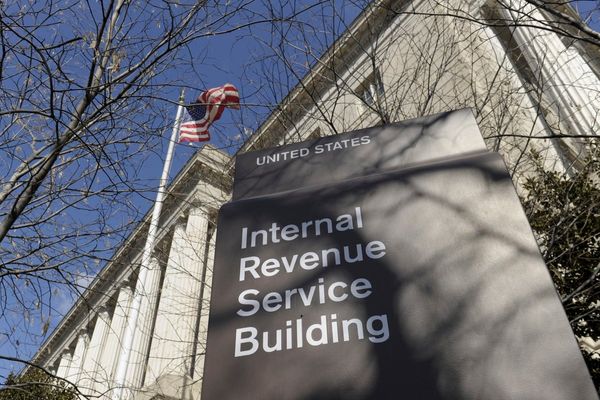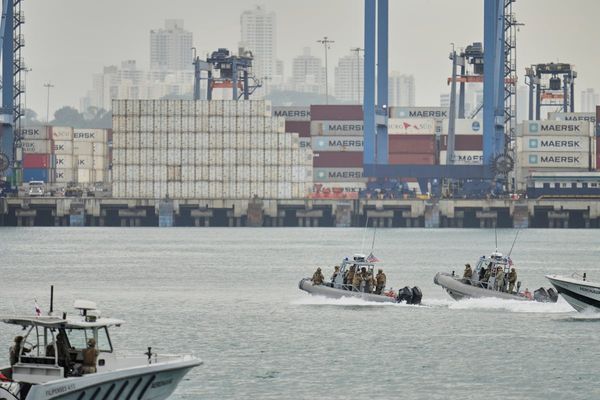French Minister of Finance Bruno Le Maire has warned that the spike in energy prices caused by Russia's war in Ukraine will produce knock-on effects comparable to the 1973 oil emergency.
Speaking at a conference in Paris this Wednesday, Le Maire cautioned that the current energy crisis was "comparable in intensity, in brutality, to the oil shock of 1973."
"In 1973 ... the response caused an inflationary shock, leading central banks to massively increase their rates, which killed off growth," Le Maire remarked.
"This has a name: stagflation, and it's precisely what we want to avoid in 2022," the minister added.
.@BrunoLeMaire sur la crise du gaz russe. Le choc est du même ordre qu’en 1973. Au delà du court terme (diversification, protection des + modestes) nous devons investir massivement ds les 10 ans qui viennent et viser à terme l’indépendance énergétique totale. #PFUE2022 #Ukraine pic.twitter.com/UZhL85KKFm
— Valerie Faudon (@ValerieFaudon) March 9, 2022
- EU plans to cut Russian gas imports by two-thirds this year, UK and US to ban Russian oil
- Gas and oil prices soar to all-time highs amid Russian supply fears
Oil and gas prices reach record high
The first oil crisis in the early 1970s was caused by the Yom Kippur war when Egyptian and Syrian forces launched an offensive against Israel.
Six Arab members of the OPEC oil cartel declared an embargo on exports to countries supporting Israel, notably the United States.
The price of oil quadrupled to $11.65 a barrel, provoking recessions across Western countries, leading to steep inflation.
European wholesale gas and crude oil have rocketed to record, or near-record prices this week due to supply fears linked to Russia's 24 February invasion of Ukraine.
On Tuesday, both the United States and Britain announced they were cutting off Russian energy imports in response to the war, triggering another surge in prices.







